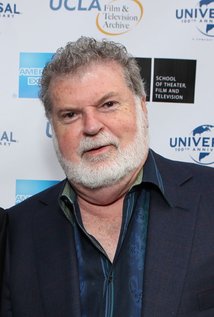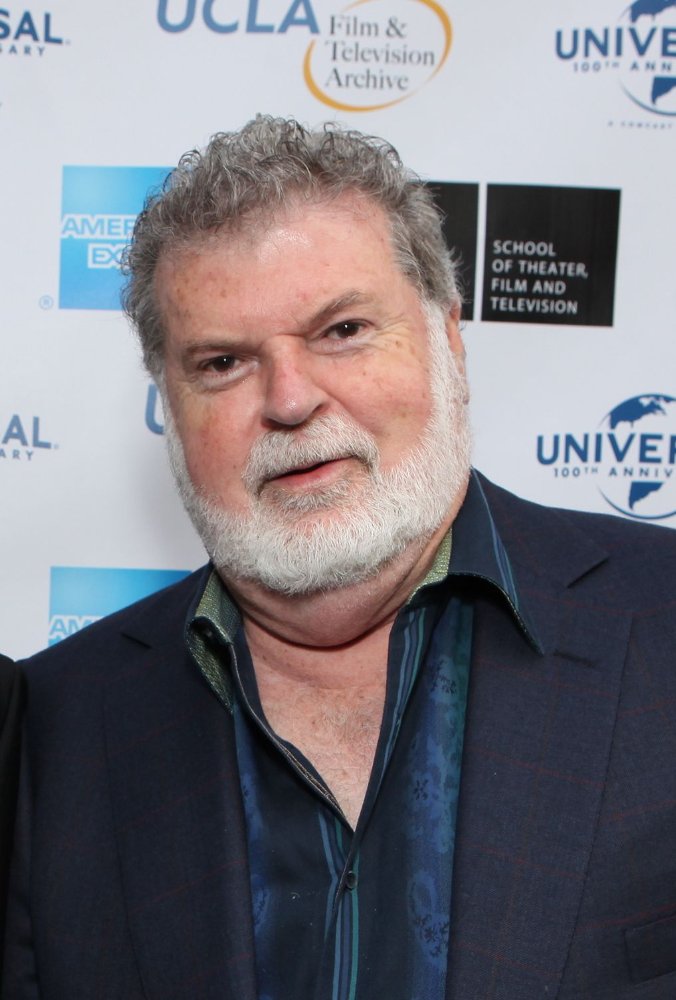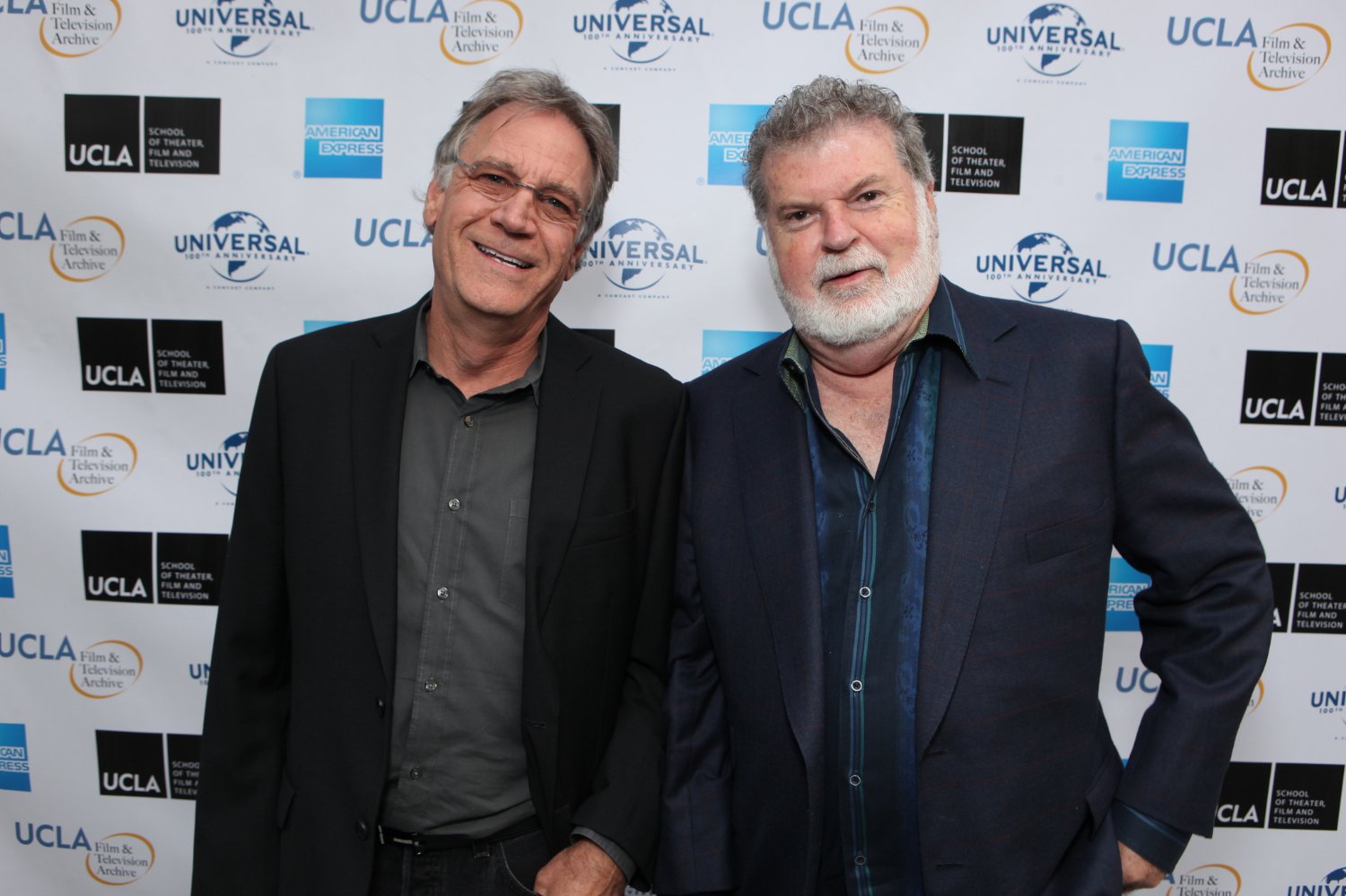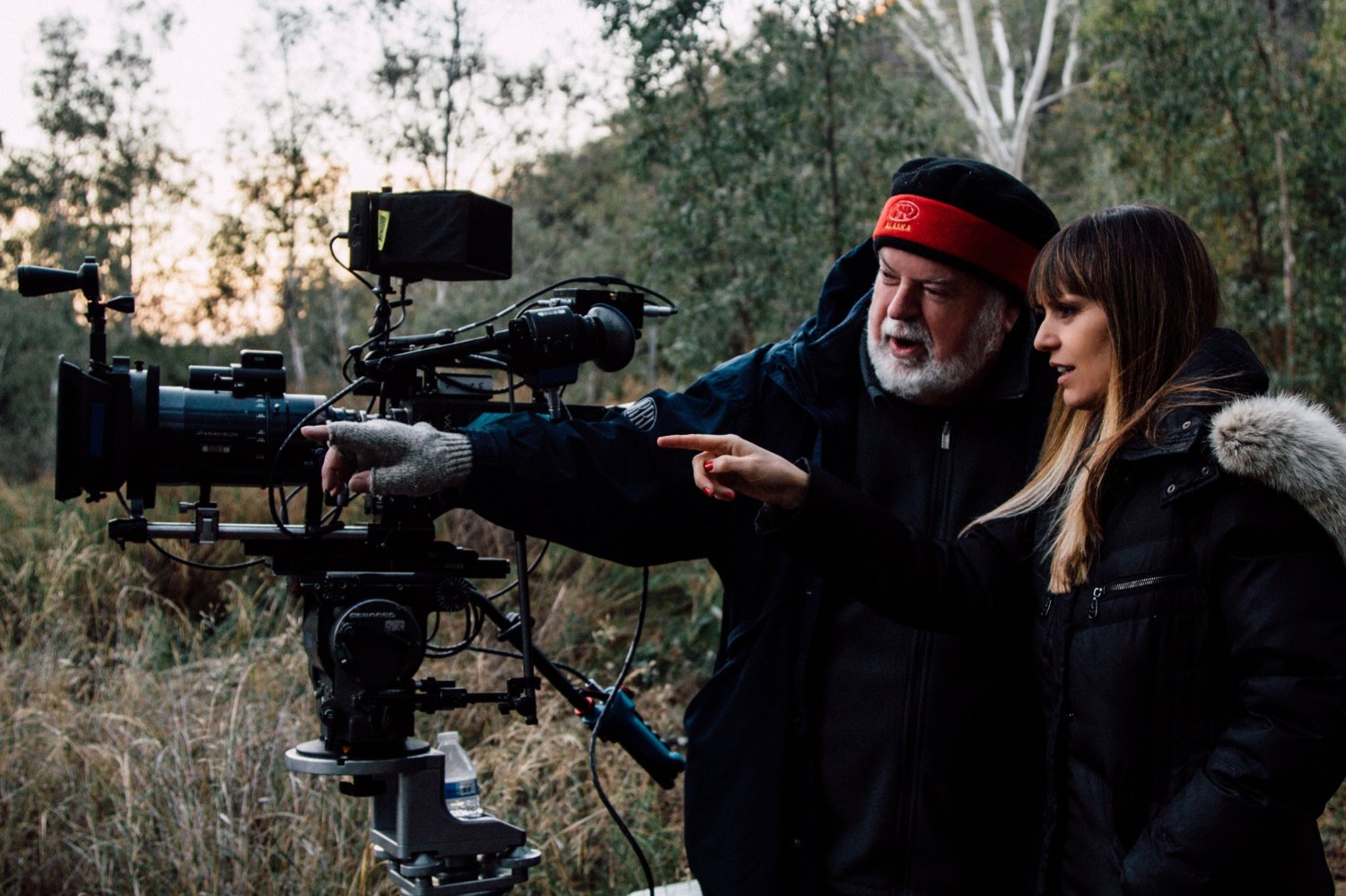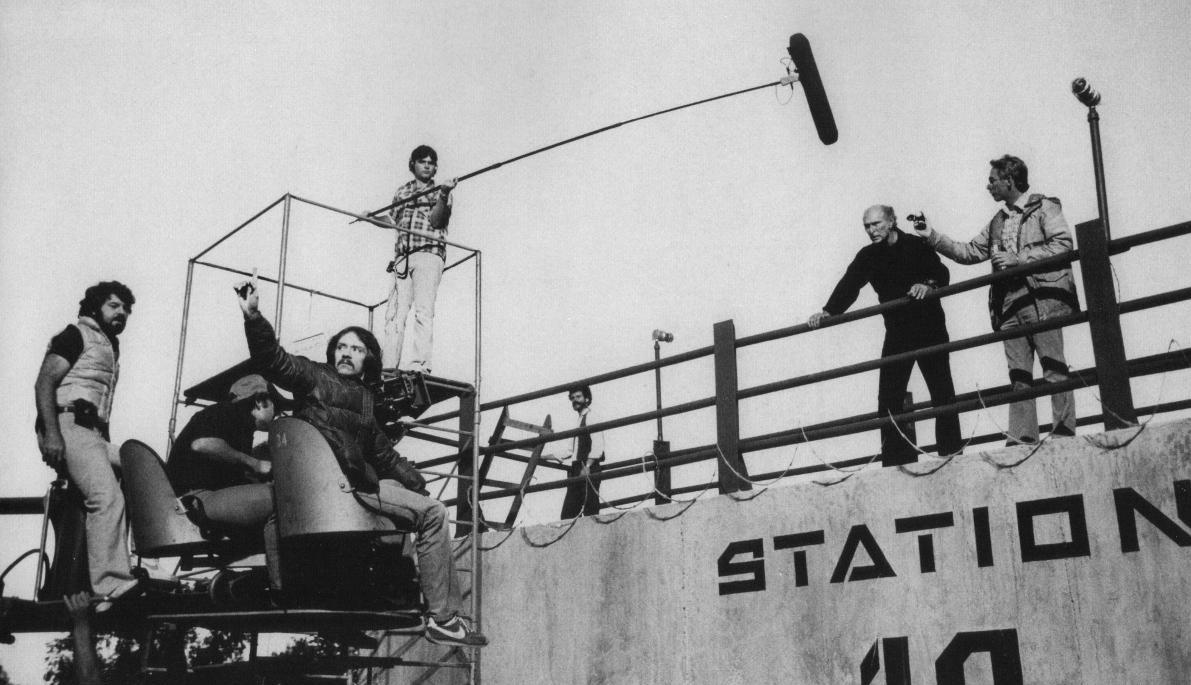Dean Cundey reigns supreme as one of the best, most prolific, and talented cinematographers to ever grace celluloid with his often striking and accomplished photography. Cundey was born on March 12th, 1946, in Alhambra, California. One of his hobbies during his elementary school days was building miniature sets. Moreover, Cundey was an avid reader ...
Show more »
Dean Cundey reigns supreme as one of the best, most prolific, and talented cinematographers to ever grace celluloid with his often striking and accomplished photography. Cundey was born on March 12th, 1946, in Alhambra, California. One of his hobbies during his elementary school days was building miniature sets. Moreover, Cundey was an avid reader of "American Cinematographer" magazine as a kid. He attended UCLA Film School and was taught by famous cameraman James Wong Howe. Following graduation in 1968, Cundey initially worked on various non-union low-budget pictures as a gaffer, editor, or production manager. Cundey built himself a handy super van complete with packaged equipment, camera and a crew in order to get work early in his burgeoning career. Cundey tackled make-up chores on Roger Corman's Gas! -Or- It Became Necessary to Destroy the World in Order to Save It. (1970).Cundey's first assignment as a director of photography was the revenge outing No Mercy Man, The (1973)_. Other horror and exploitation movies Cundey shot during his salad days include _Witch Who Came from the Sea (1976)_, Bare Knuckles (1977), Creature from Black Lake (1976), Ilsa, Harem Keeper of the Oil Sheiks (1976), Black Shampoo (1976), Satan's Cheerleaders (1977), Roller Boogie (1979), Rock 'n' Roll High School (1979), Galaxina (1980), and Without Warning (1980).Cundey received a great deal of attention and accolades for his exemplary work on five films for John Carpenter: Halloween (1978) (Cundey's expert use of a fluid prowling camera, one of the first-ever uses of what became known as a Steadicam, became a key motif in a spate of slasher pictures made in this breakthrough independent smash's influential wake), The Fog (1980), Escape from New York (1981), The Thing (1982), and Big Trouble in Little China (1986). Cundey's collaborations with Robert Zemeckis are likewise fine and impressive: Romancing the Stone (1984), all three "Back to the Future" features, Who Framed Roger Rabbit (1988) (Cundey was nominated for an Oscar for his outstanding contributions to this movie), and Death Becomes Her (1992).Other films Cundey has served as a director of photography on are Halloween II (1981), Halloween III: Season of the Witch (1982), Psycho II (1983), Warning Sign (1985), Road House (1989), Hook (1991), Jurassic Park (1993), Apollo 13 (1995), and Garfield (2004). Cundey made his debut as a director with the straight-to-video sequel Honey, We Shrunk Ourselves (1997). He handled second-unit director chores on both Deep Rising (1998) and Garfield: A Tail of Two Kitties (2006). He is the father of visual-effects artist Christopher Cundey.
Show less «

